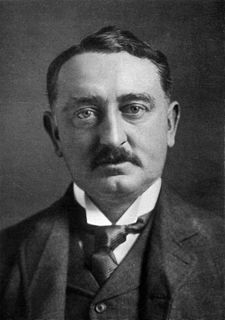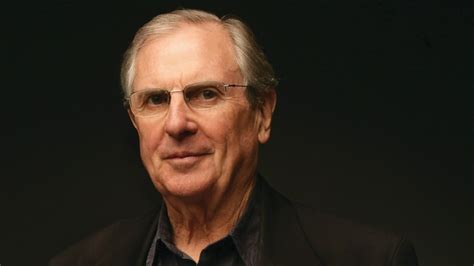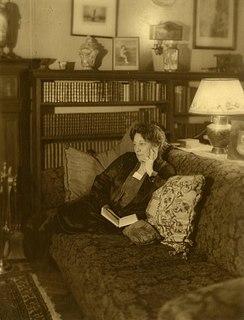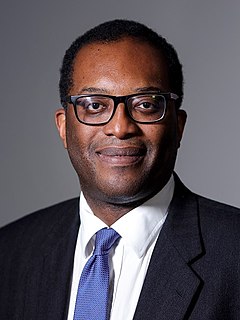A Quote by Amanda Foreman
The long years of fighting Napoleon's ambitions for a world empire had hardened the British into an 'us-against-them' mentality.
Related Quotes
One would have thought that if there was one cause in the world which the Conservative party would have hastened to defend, it would be the cause of the British Empire in India ... Our fight is hard. It will also be long ... But win or lose, we must do our duty. If the British people are to lose their Indian Empire, they shall do so with their eyes open.
My life in Greece influenced what I am. My father was in the left because he was against the king and his family, who had created a war against the Turks at the beginning of the last century to revive the Byzantine Empire. For three years, there was fighting, and all my father's friends died. So he hated the royal family.
Commercialism is the blemish on the fair face of American life. Fighting against the terrible conditions of the explorer and pioneer, our forefathers had little time to think of beauty. Hearts and heads became as hardened to the more gracious things of life as did their bodies against physical hardship. Little by little, as nature yielded before the dynamite of their wills, life began to express itself in the same hard terms, and the great commerce of a New World bent everything to its indomitable will.







































